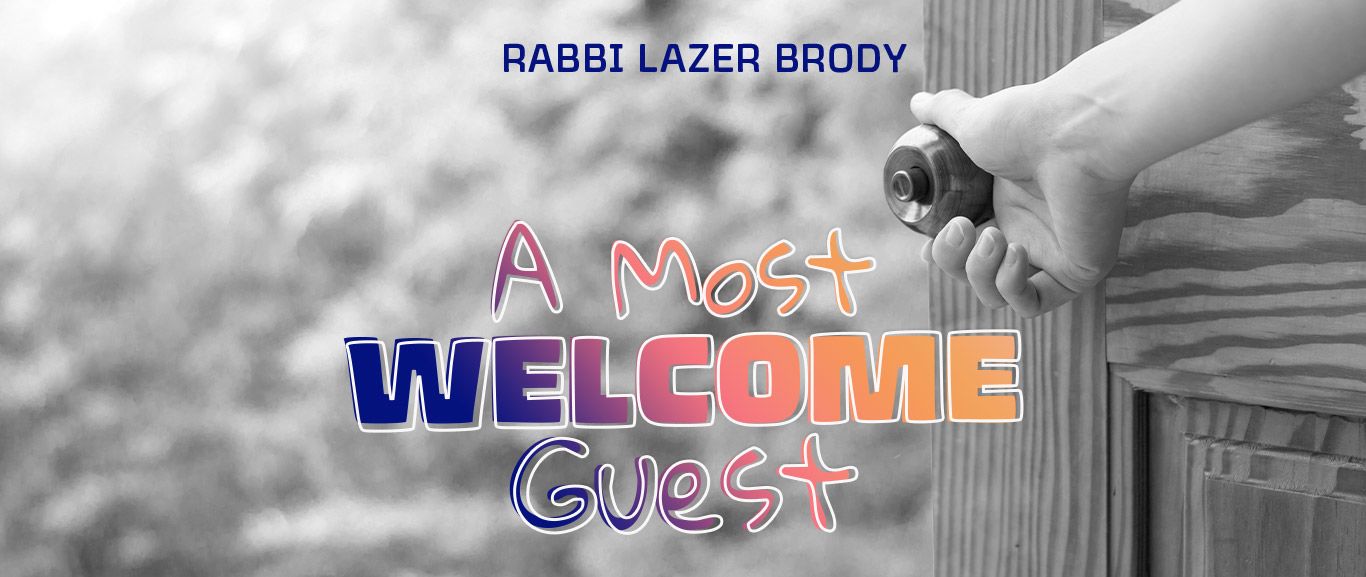
A Most Welcome Guest
A person who doesn't have emuna can't open his home for he'll be worried that he doesn't have enough food for his own family, so how can he feed others?

Why do our sages refer to matzah as lachma anya, or the bread of suffering and poverty, in the Passover Haggada? The holy Zohar and the Ariza’l refer to matzah as lachma d’mhemnuta, or the bread of emuna, that we should eat with tremendous joy on Passover night. So which is it – suffering and poverty or joy? For many people who find matzah difficult to chew or digest, it’s suffering, because they’re focusing on the physical aspect of the mitzvah. But for those who focus on the spiritual aspect, fulfilling the mitzvah is the greatest joy in the world. What’s more, Rabbi Arush promises that anyone who performs a mitzvah properly with prayer and intent will never suffer from it. Indeed, he or she will derive the greatest benefit. Let’s see how:
The first thing we do in the Maggid portion of the Passover Seder, when we begin to tell the story of our exodus from Egypt, is to lift the tray with the matzot for everyone to see; we declare:
“This is the bread of suffering/poverty[1] that our fathers ate in the land of Egypt. Whoever is hungry, let him come and eat; whoever is in need, let him come and conduct the Seder of Passover. This year, we are here; next year in the land of Israel. This year, we are slaves; next year we will be free people.”
The Haggadah has an amazing juxtaposition here – with the bread of suffering and poverty, we usher in the guests. This is our first connection between the poverty and the emuna. Matzah, the bread of suffering, invokes guests. We open our homes so that any person can enter and sit down at our table. A person that doesn’t have emuna can’t open his home for he’ll be worried that he doesn’t have enough food for his own family, so how can he feed others? Yet, a person with emuna – no matter how little he might have – knows that every morsel of food he has comes from Hashem. If Hashem sends guests, He will certainly send the wherewithal to feed them. As such, the matzah strengthens our emuna and reminds us that 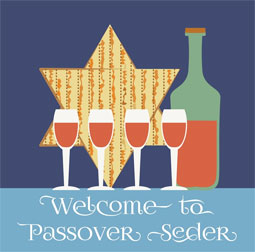 without Hashem, we have nothing – we’re all poverty stricken. Yet with Hashem, we have emuna, the source of all abundance, and we can therefore open our homes to as many guests who need a place to make Passover Seder.
without Hashem, we have nothing – we’re all poverty stricken. Yet with Hashem, we have emuna, the source of all abundance, and we can therefore open our homes to as many guests who need a place to make Passover Seder.
To illustrate the above concept, I’ll share with you a lovely parable that I heard from Rav Shalom, may Hashem bless him:
A righteous family lived in dire poverty in Odessa, Ukraine.
One day, just as they were about to begin the Passover Seder, the family heard knocking at their door. The head of the household opened the door and saw a group of glowing people (maybe angels) smiling from ear to ear. He asked them who they were.
The first one said, “I’m Emuna”.
The second said, “I’m Happiness”.
The third said, “I’m Wealth”.
The fourth said, “I’m Good Health”.
The fifth one introduced himself and said, “My name is Blessing.”
“Welcome to my home,” said the righteous poor man. “Please sit down with us at the Seder table.”
“No,” they said in unison. “You must choose which one of us you want. We told you who we are, but only one of us can come inside your home.”
“If that’s the case,” he said, “I must consult my wife and children.” The poor man said to his family, “Look at the miracles at our doorstep! Look at their beautiful smiles! If we want, we can have happiness, good health, blessing, wealth, or emuna. Which do you want?” The whole family agreed that Emuna was the guest they wanted to invite.
When Emuna entered their home, all the other guests came in as well. The poor man said, “I thought that only one of you was allowed to enter.”
They replied happily, “True! If you would have chosen anyone other than Emuna, than only one of us could come inside. But since you chose Emuna, we all follow, for we always follow her!”
This parable holds deep lesson: if you have emuna, you have everything.
Just as one mitzvah leads to another and one transgression leads to another, one expression of gratitude leads to another. The “Pele Yoetz” writes emphatically that expressions of gratitude lead to salvations, giving people more and more reasons to express their gratitude. That’s why when we say thank-You, we see miracles.
In light of the above parable, we can also understand that there’s no contradiction between suffering and emuna. One cannot attain emuna without suffering. People with easy lives don’t feel the stimulation or the need to turn to Hashem. But with real emuna, we can thank Hashem for the suffering and the poverty. Had we not been slaves in Egypt, we wouldn’t be enjoying Seder Night nor would we have merited receiving the Torah. As such, the greatest expression of emuna is to thank Hashem for our suffering, because it’s all for the best. Happy Pesach!
[1] Both suffering and poverty are proper translations of the Aramaic word “anya”; in the Zohar and in the writings of the Ariza’l and the Chassidic masters, both connotations are used.



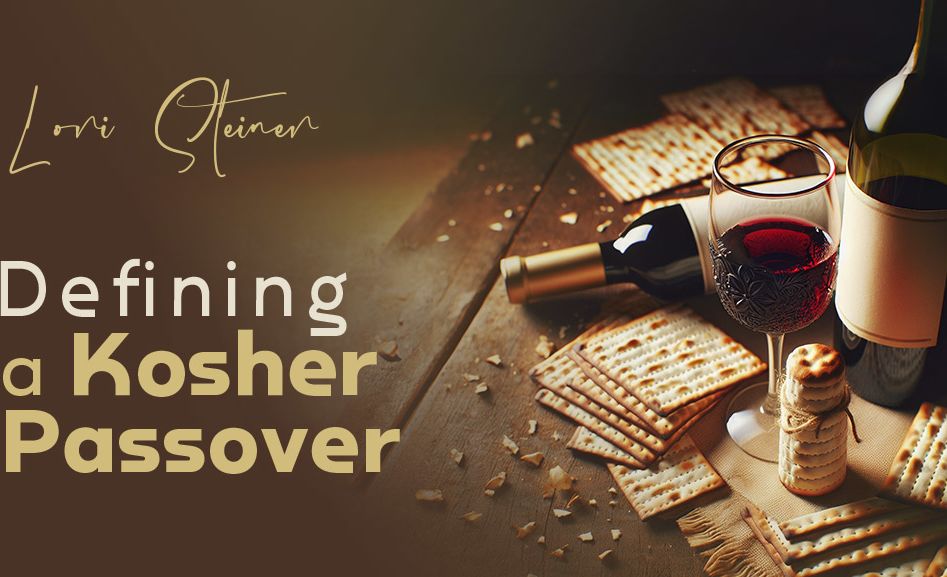
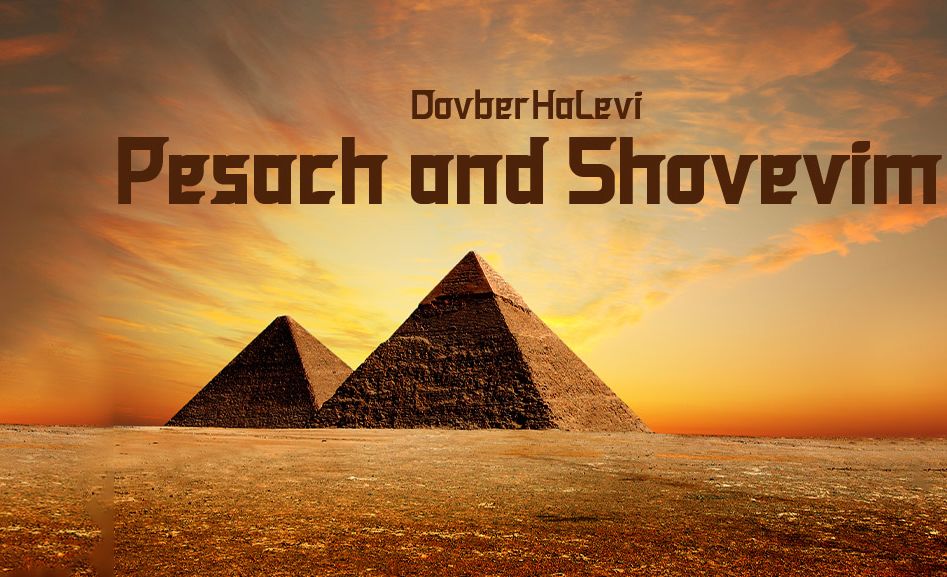
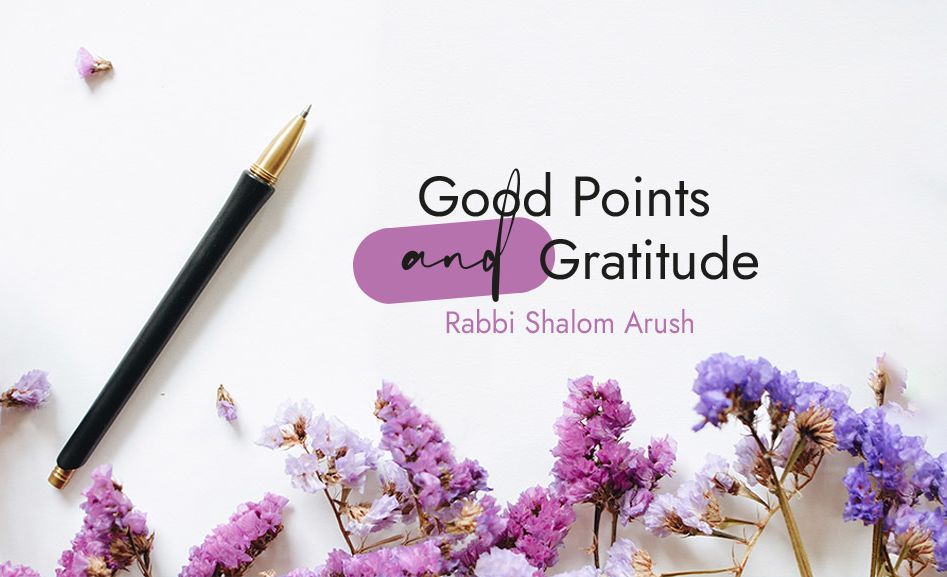
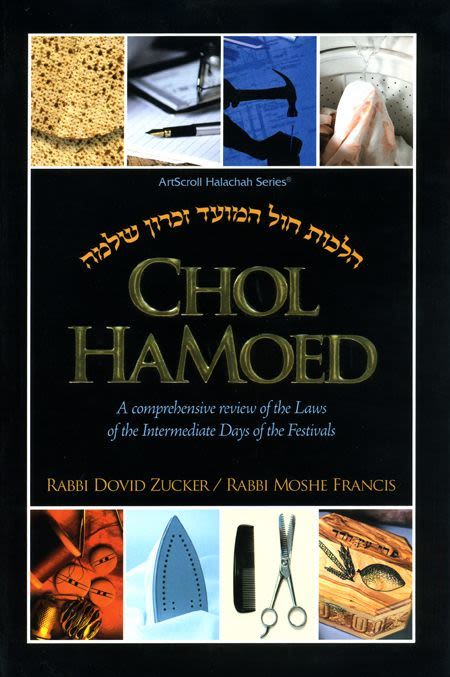
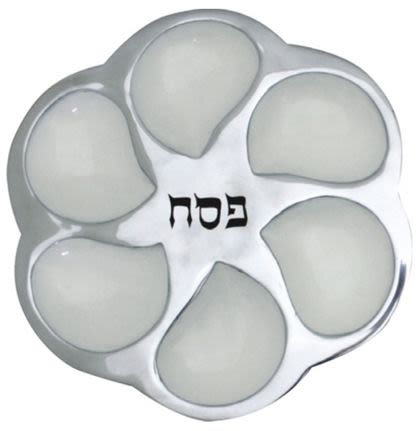
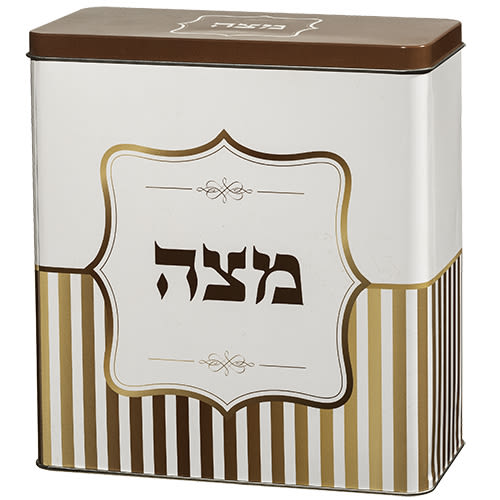
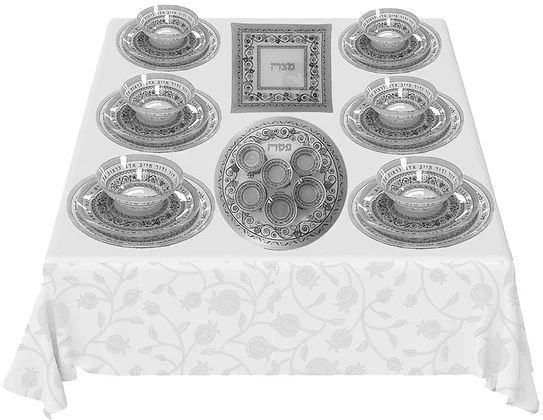
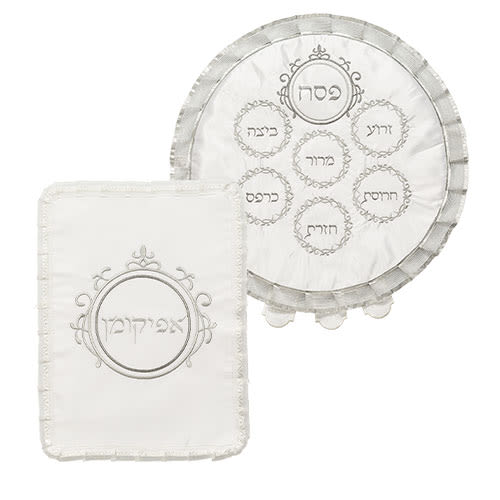
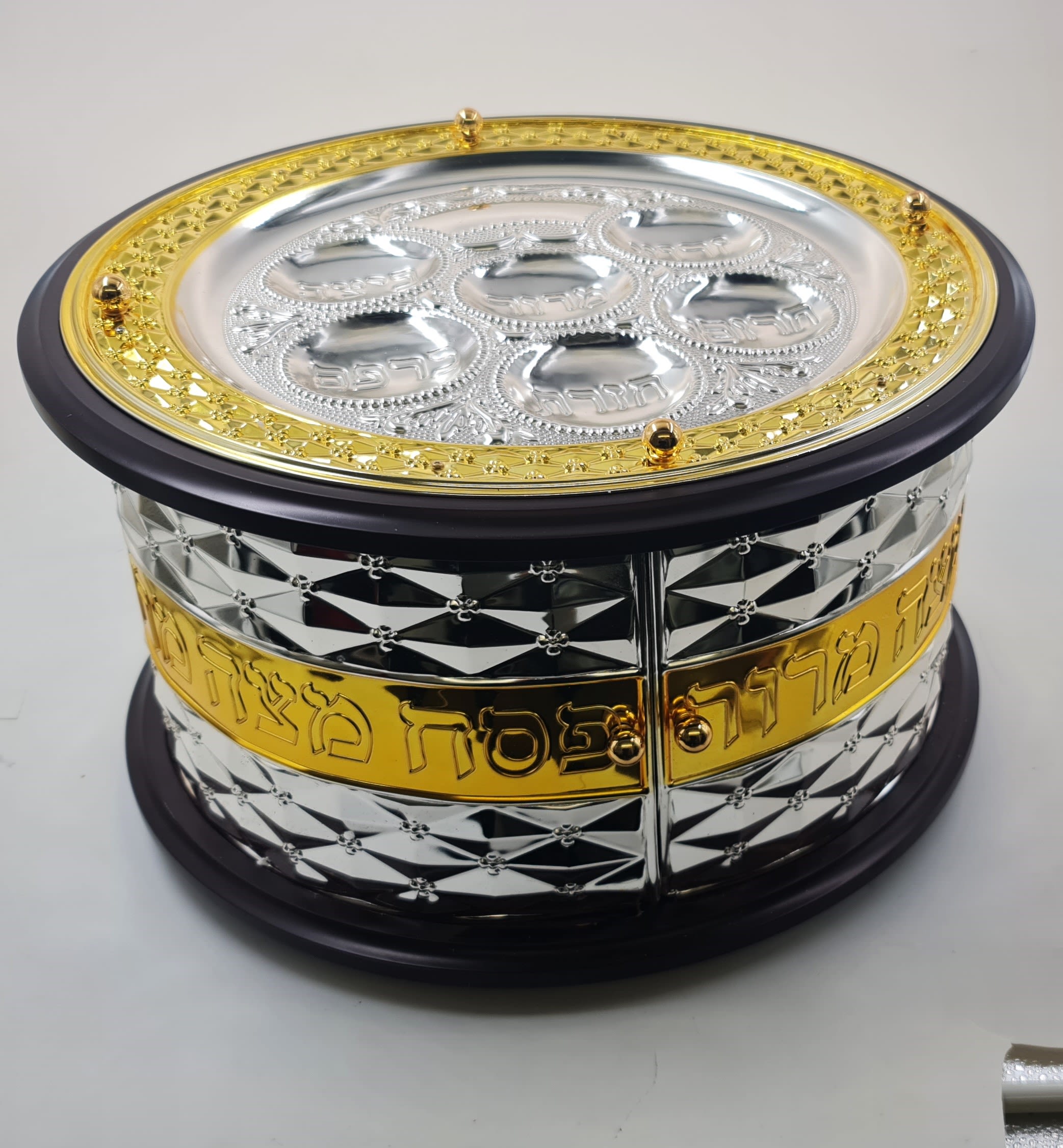
Tell us what you think!
Thank you for your comment!
It will be published after approval by the Editor.